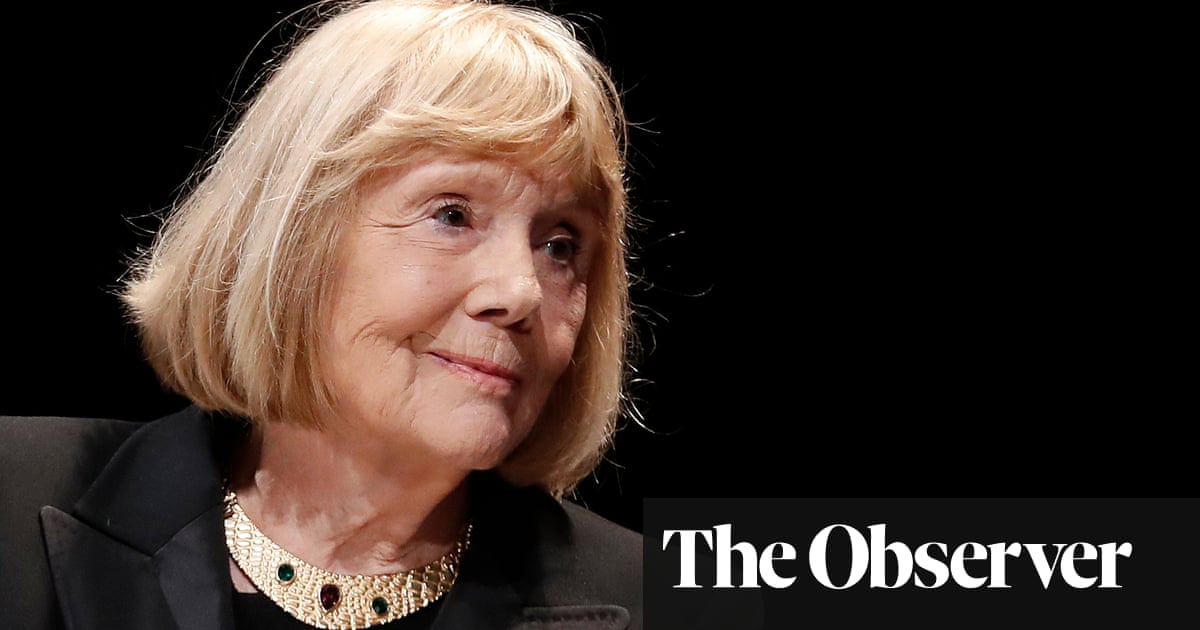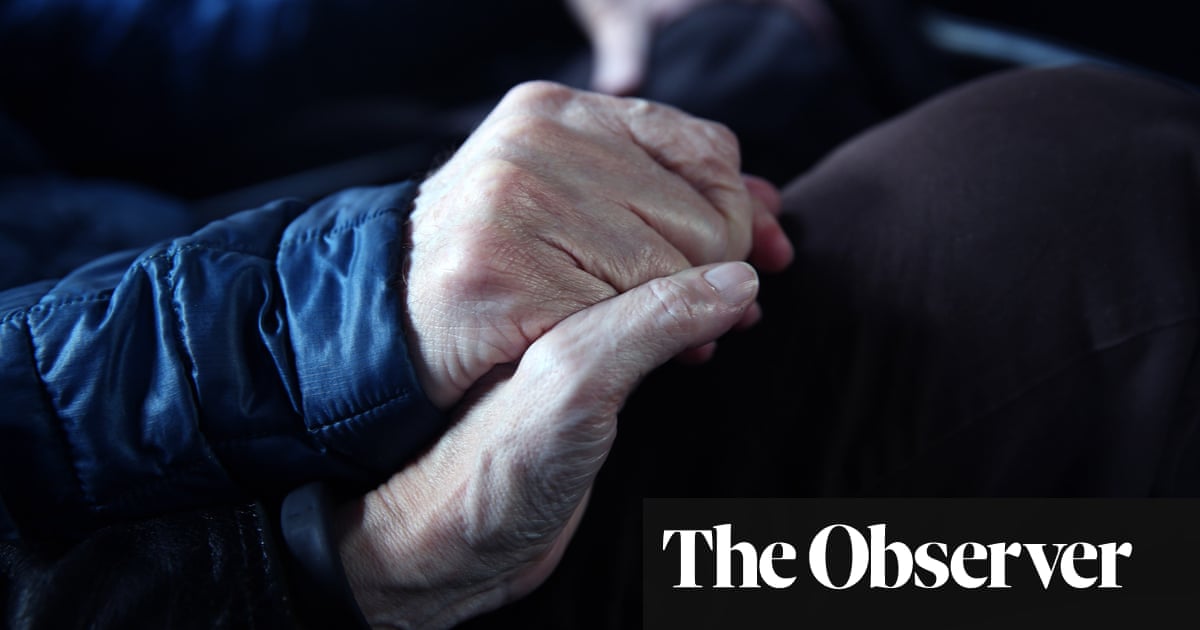
Henry Marsh, one of the UK’s leading brain surgeons and a bestselling author, has called for an urgent inquiry into assisted dying after revealing he has advanced prostate cancer.
Marsh, the author of Do No Harm: Stories of Life, Death and Brain Surgery, said dying of cancer could be “a very horrible business” but the law “insists I must suffer”.
Politicians had “shown a striking lack of compassion by ducking this issue for too long and are inadvertently guilty of great cruelty”, he said.
His call for an inquiry is backed by more than 50 MPs and peers from different parties, some of whom have previously voted against changing the law. Their letter to Robert Buckland, the justice secretary, argues that the UK has now fallen behind many other countries on the issue of assisted dying.
Last month Spain became the latest European country to approve legislation giving patients with incurable diseases or unbearable conditions the right to choose to end their lives with the assistance of a doctor.
Assisted dying for terminally ill people is also allowed in the Netherlands, Belgium, Luxembourg and Switzerland. Canada, New Zealand and several US states have also legalised assisted dying.
The UK parliament last voted on the issue in 2015, rejecting by 330 to 118 a private member’s bill to allow assisted dying for people with a terminal illness who are likely to die within six months.
Under the 1961 Suicide Act, it is criminal offence to help someone end their life, and there is a potential prison sentence of 14 years.
An opinion poll two years ago found that about nine in 10 people believed assisted dying was acceptable in some situations. A survey of doctors carried out by the British Medical Association last year found that half believed there should be a change in the law to allow patients to be helped to die.
Marsh, 71, whose cancer was diagnosed six months ago, said: “Having spent a lifetime operating on people with cancer, the prospect of dying slowly from it myself fills me with dread. Despite the best efforts of palliative medicine, I know that dying from cancer can still be a very horrible business – for both patient and family, despite what the opponents of assisted dying claim.
“I fiercely believe that if people in my situation knew they had the ability to choose how, when and where they would die, it would greatly reduce their suffering. Knowing that I had this choice, if life became unbearable, would certainly give me much greater confidence now in facing whatever the future might hold for me.
“But as the law stands, I am not allowed this comfort, and the law insists instead that I must suffer. Many politicians have shown a striking lack of compassion by ducking this issue for too long, and are inadvertently guilty of great cruelty.”
He continued: “Irrespective of your view on assisted dying, I would hope everyone could agree that our laws should be based on evidence and informed decisions, not alarmist, unfounded opposition that flies in the face of all the evidence from countries where assisted dying has been legalised.
“It’s time for all MPs to start taking this issue seriously and I urgently call upon them to undertake an inquiry into the law.”
The letter from MPs and peers, organised by Humanists UK and the campaign group My Death, My Decision, has also been sent to the chairs of several parliamentary committees.
It points out that countries including Canada, Germany, Italy and New Zealand, and parts of the US and Australia, “have changed or are due to change their law since 2015. Moreover, several other nations, including Ireland, are actively considering similar proposals, reflecting that such changes can be achieved in a safe and compassionate way.”
Crispin Blunt, the Conservative MP and co-chair of the all-party parliamentary humanist group, said: “In the years since parliament last scrutinised the law underpinning our ban on assisted dying, 250 million people worldwide have gained the option of a dignified death, new evidence has emerged demonstrating that respect for autonomy can be balanced alongside robust safeguards, and professional opinion has dramatically shifted towards a change in the law.”












